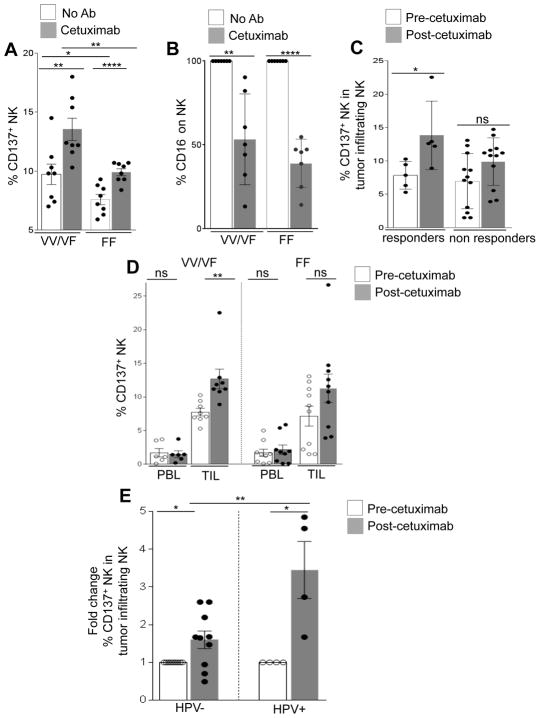Figure 1. Cetuximab-mediated NK cell expression of CD137 is dependent on FcγRIIIa polymorphism.
Expression of CD137 (VV/VF n=8, FF n=8) (A), and CD16 (VV/VF n=7, FF n=7) (B) on healthy donor peripheral blood NK cells from high (VV/VF) and low affinity (FF) FcγRIIIa genotypes was determined after co-culture with PCI-15B cells in the presence of cetuximab (10 μg/ml, 24h) or no Ab. Flow cytometric analysis of CD137 expression in tumor infiltrating NK cells from HNC patients before and after cetuximab neoadjuvant therapy (cetuximab IV 400 mg/m2 day 1 then 250 mg/m2 alone days 8, 15, and 22 (UPCI 08-013). Patients defined as responders (n=5 responders, n=12 non responders), demonstrated upregulation of CD137 on tumor infiltrating NK cells following cetuximab therapy compared with non-responders (C). Frequency of CD137 in peripheral blood NK cells (PBL VV/VF n=7, PBL FF n=9) and tumor infiltrating NK cells (TINK VV/VF n=8, TINK FF n=10) were determined in VV/VF and FF HNC patients before and after cetuximab neoadjuvant therapy (UPCI 08-013) (D). Percentage of CD137 in tumor infiltrating NK cells was determined before and after cetuximab neoadjuvant therapy (UPCI 08-013) and correlated with HPV status of HNC patients HPV (−) n=10, HPV (+) n=4 (E). A two tailed unpaired or paired t test was performed for statistical analysis, collective data are representative of ± SEM.

